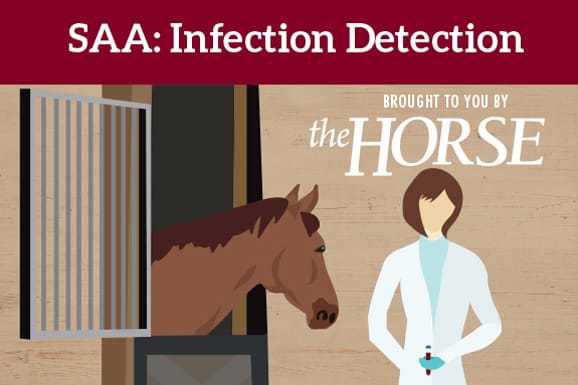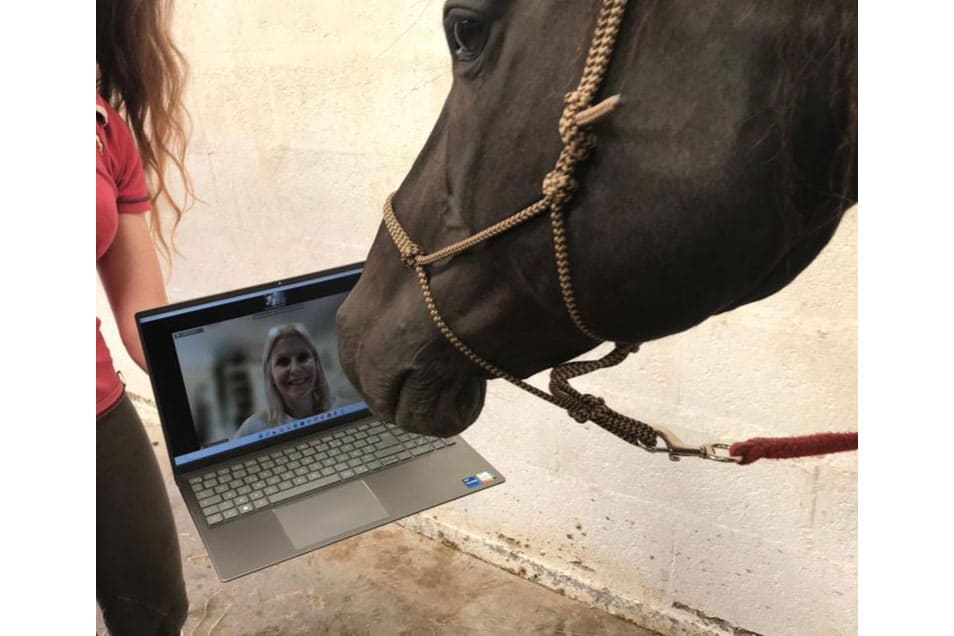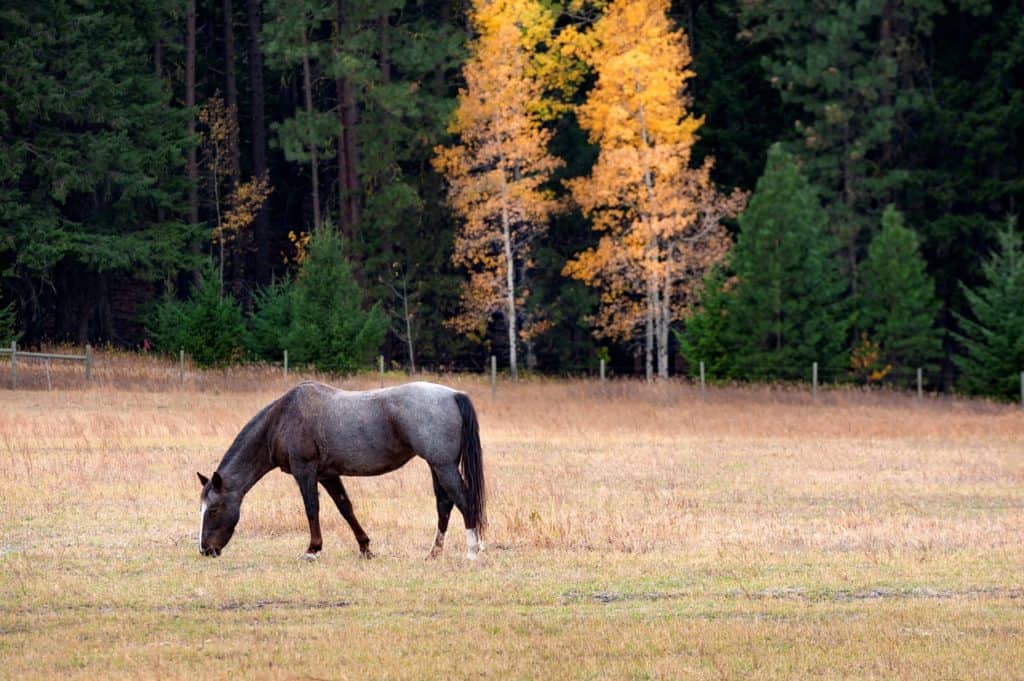
Obese Broodmares Have Lower Embryonic Survival Rates
Keeping donor and recipient mares in moderate body condition might improve survival rates of transferred embryos.
How to care for the basic health needs of horses

Keeping donor and recipient mares in moderate body condition might improve survival rates of transferred embryos.

Time is life for a foal. Here’s a look at the top causes of illness in newborn foals and how to manage a sick foal.

Learn the difference between ration balancer feeds and supplements and how they benefit horses when pastures are scarce.

Learn how to keep horses and humans safe by storing your supplies and equipment properly.

Is my horse at risk of catching pigeon fever from another horse at my trainer’s barn?

Learn about the signs of pain in horses—and how sedation can help—in this archived podcast.

Learn about serum amyloid A and how veterinarians can use it for early identification of inflammation in horses.

A veterinarian describes three real-life examples of horses with physical abnormalities competing successfully.

The key concepts behind 6 orthobiologics available to equine veterinarians.

How veterinarians navigate 4 common scenarios, from dehydration to the postpartum period, that increase colic risk.

A wide range of conditions can cause poor performance, but many cases circle back to lameness with a behavioral component.

Christa describes equine nutrition challenges during her cross-country trip on horseback from Paris to Florence.

If you house your horses in a barn, keeping it well-ventilated is an essential part of their care.

Keep dust to a minimum in arenas, barns, and paddocks for both aesthetic and health reasons.

Follow the steps in this visual guide to help your horse breathe easier.

Nutritionist Dr. Clair Thunes shares advice on how to reduce your horse’s risk of colicking this fall.
Stay on top of the most recent Horse Health news with
"*" indicates required fields